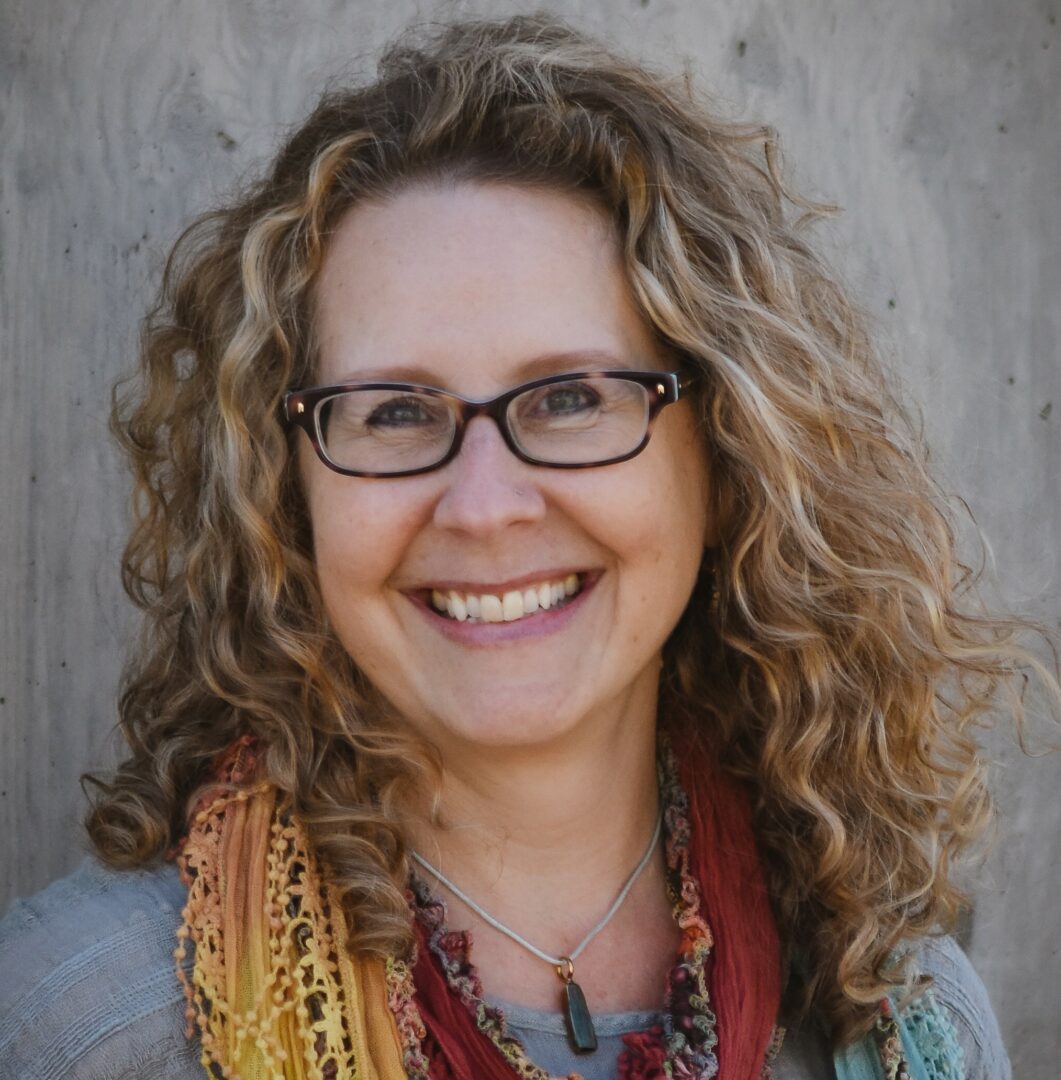We’re excited to introduce you to the always interesting and insightful Rachel Radway. We hope you’ll enjoy our conversation with Rachel below.
Hi Rachel, really happy you were able to join us today and we’re looking forward to sharing your story and insights with our readers. Let’s start with the heart of it all – purpose. How did you find your purpose?
The day after putting down a deposit on a beautiful little house on California’s Central Coast, I was laid off—for the seventh or eighth time in my career. While the severance package wouldn’t help with the house (fortunately, I was able to cancel the purchase), I decided to use it for something I’d wanted to do for many years: I took an intensive coach training course and got my coaching certification.
When I launched my coaching business, I knew I wanted to work with leaders. I started with the tech industry, where most of my network was. I enrolled a few clients and found the in-depth 1:1 coaching sessions rich and rewarding, but quickly realized that it was a challenging business model to sustain.
During a boot camp for entrepreneurs interested in creating mastermind programs, we were given an exercise designed to help us figure out our niche. I was stuck. Obviously, I couldn’t help everyone, but how could I narrow it down?
That night I was scrolling through Netflix, looking for something light, when up popped a documentary called Sensitive. I guess I have Netflix’s algorithm to thank for changing the course of my work.
The documentary was about the work of Elaine Aron, a psychologist whose book, The Highly Sensitive Person, I’d read maybe 20 years earlier. At the time, the book was a revelation. Learning that ~30% of the global population shared this trait was huge for me. It explained so much about the way my brain worked and why I often responded differently to things than others around me did. I filed the information away—and then forgot about it.
Until Netflix. Bizarrely, the very next day, I was contacted by a coach who works with HSPs (highly sensitive people) on LinkedIn. I don’t believe in coincidences; this felt like validation.
Watching the film got me thinking about all the challenges I’d faced in my own leadership journey and in other parts of my life. For most of my career, I’d felt like I was faking it. Not my skills or achievements, but my personality. I’d put on a mask and become someone else to get through the day, year after year. I felt very alone. My brain seemed to work differently than others, and I’d been called “overly sensitive” enough in my childhood to know that wasn’t considered a good thing. I didn’t have anyone to talk with about it, so I just kept on doing what I was doing, feeling different and alone.
I quickly reread Aron’s book, and started connecting the dots. My empathy (which at times was so strong that I had to build walls to protect myself, making me seem distant or “businesslike” to people who didn’t know me). My intuition and inner knowing. My ability to see both the big picture and the details at the same time, and to make connections quickly. Being able to read a room and understand what people weren’t saying.
All these superpowers came from my sensitivity.
And then there were the challenges. The outsized sense of conscientiousness and responsibility that often led to over-commitment and then burnout. The attention to detail that led to extremely high standards and expectations of myself and others. The heightened sensitivity to sound and noise, smells, temperature changes, textures, toxins, alcohol, caffeine, various foods and allergens, and other environmental triggers. I also get emotional easily, even when I know it’s not rational, and sense certain energies.
The superpowers and the challenges: two sides of the same coin.
When I thought about my leadership coaching clients, I realized that almost all of them were highly sensitive, too—even though most didn’t know the trait existed. They shared a number of characteristics that I recognized:
– They hate saying no to anyone, and take on more even when their plates are already overflowing.
– They prioritize everything and everyone but themselves.
– They overthink communication and struggle with giving and receiving feedback.
– They’re afraid of saying the wrong thing and often don’t speak up. (Or they give up quickly, not feeling heard.)
– They dislike office politics and games and are uncomfortable advocating for themselves, so their talents, skills and experience often go unrecognized. They can only go so far up the ladder.
– They need to feel that their work was meaningful and aligned with their values; they couldn’t just take any job in exchange for a paycheck.
I recognized these things not only from descriptions in Aron’s book, but also from my own experience. As I conducted market research interviews, coached more clients, and started doing a lot more research into this area, I knew for certain who I wanted to work with, both 1:1 and in small groups.
I’d found my people and my purpose.
Then a publisher reached out to me and suggested I write a book about it.
There are a lot more resources out there now for people like me than there were when I started my career 30+ years ago. A few good books have been written that shed more light on the subject. There are podcasts and blogs and communities dedicated to the world of the HSPs. As there should be—we make up ~30% of the global population!
And yet. This trait—known to researchers as sensory processing sensitivity—is still one of the best-kept secrets around. It’s a form of neurodivergence, like ADHD, dyslexia, autism and many others, but I’ve never seen it included in any list.
And the word sensitivity has been stigmatized in our fast-paced, competitive, individualistic culture. In the work hard, play hard tech world in particular, sensitive isn’t a label most leaders aspire to.
So how do you spread awareness and offer support when the subject matter is so… well, sensitive?
I’d been talking with people and writing posts and newsletters about the topic for quite a while already. Some courageous readers have raised their hands and said yes, this is me, more of this, please. Some of the messages that have touched me the deepest, though, are the private ones, saying things like “I feel like you’ve been inside my head. I didn’t know about this and want to know more. Thank you for sharing this—now I know I’m not crazy or broken.”
These are the ones that finally convinced me to write the book—Perceptive: Insights for leaders who feel more, process deeply, and think differently (which was published in May 2025 and immediately became a bestselling new release in two categories, Business > Health & Stress and Business > Diversity & Inclusion).
And in the course of researching and writing for the book, I learned a lot more about neurodiversity and neurodivergence, my own traits, my tendency towards what I now know is neurodivergent burnout, and a lot more. Understanding my own history and experiences in this new light has changed my life—and I’ve received incredibly heartwarming and inspiring feedback and reviews from others who read the book and feel the same way. This is why I’m so passionate about the work I do, and so glad I’ve found my purpose.
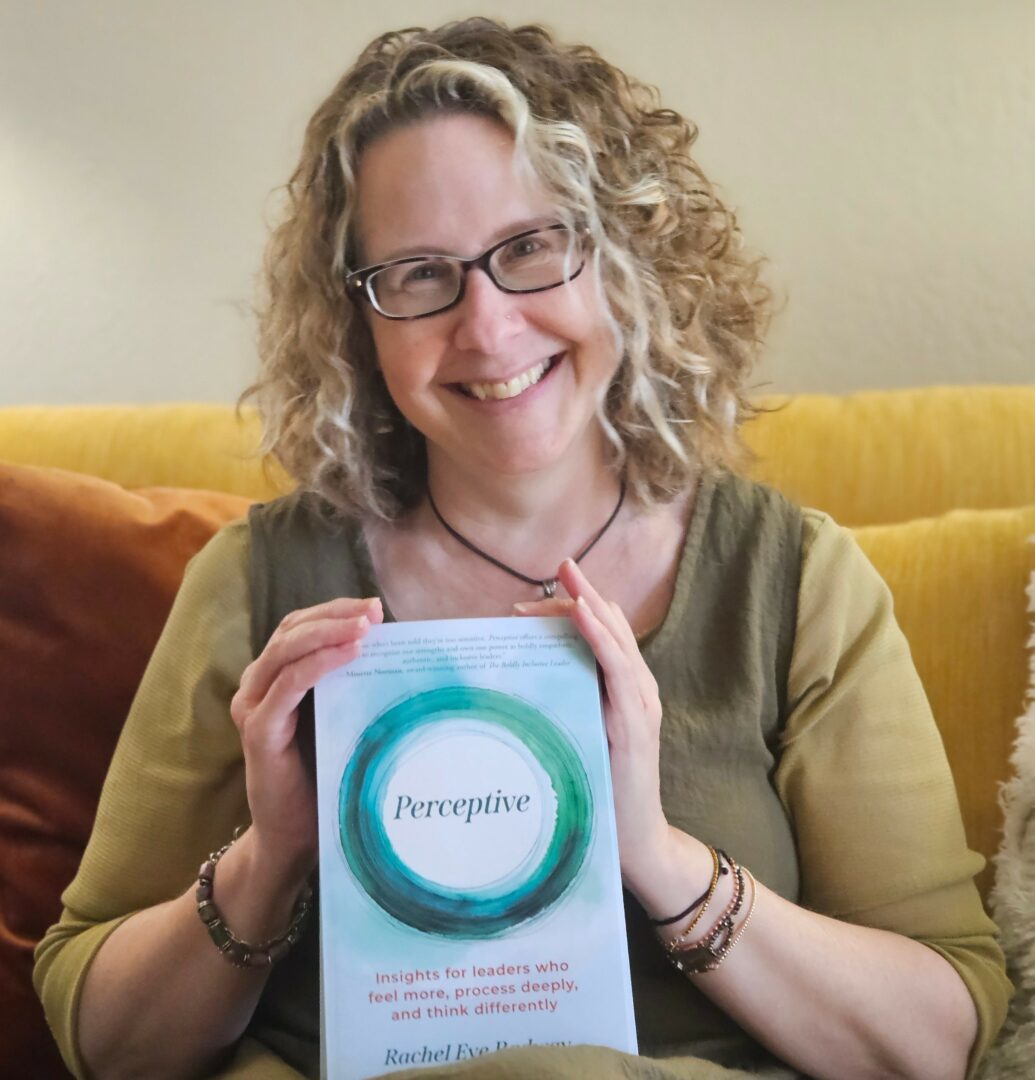
Appreciate the insights and wisdom. Before we dig deeper and ask you about the skills that matter and more, maybe you can tell our readers about yourself?
I help highly perceptive high achievers lead with clarity, confidence and authenticity—and without burning out. I coach clients individually and host a small-group mastermind, an intimate group program with leaders at a similar level or stage of their careers. I’d like to start working with more companies, too, supporting them in fostering psychologically safer and more inclusive workplace cultures.
I also give talks and facilitate workshops on the topics I wrote about in Perceptive—neurodiversity & neurodivergence, the leadership assets that often come with being wired a little differently, and how to cultivate neuroinclusive environments.
Lightbulbs and sparks go off when super-smart, creative, empathic leaders who’ve achieved success but always struggled (often invisibly) learn about their own wiring, and begin to understand why they’re different, how to embrace and leverage their superpowers, and how to better manage their challenges. They start to find their voice, step into their power, regain long-lost confidence. Give themselves grace. And intentionally bring more joy into their lives.
This is why I love my work, and why I’m so excited to share Perceptive with the world.
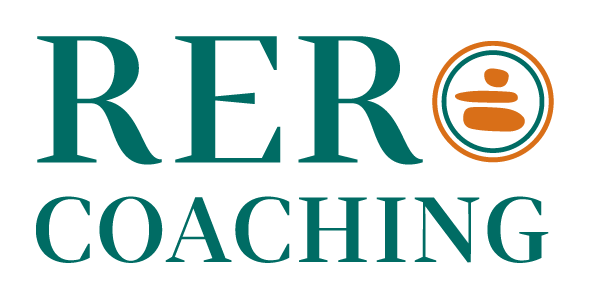
If you had to pick three qualities that are most important to develop, which three would you say matter most?
– Empathy and compassion. Some of us have these naturally; some have to build the muscles. Both are critical in developing and maintaining healthy relationships, whether personal or professional, and in any kind of leadership role. I’ve always been empathic; compassion was something I had to work on. Having lived in nine different countries and cultures and studying different languages definitely helped with both. It’s important to get out of your bubble—we all have them—and learn how other people think, feel, and live. It’s also crucial to have empathy and compassion for yourself and not just for others. My clients tend to be particularly hard on themselves, and it’s something I’ve worked on for a long time.
– Intuition. We all have it to some degree, but Western society tries to program it out of us. Lawyers, for example, are trained to trust only facts. But information can come to us from so many different sources. My immediate family, all attorneys, used to debate anything that couldn’t be proven. I learned to ignore the inner knowing I’ve always had because I didn’t know where it came from and couldn’t back it up. But I know better now. Whenever I’ve made a major decision with my head and not my heart/gut, I’ve regretted it. Intuition can be cultivated, built like the empathy and compassion muscles. It’s worth the effort.
– Communication skills—including listening. So many people think that if they talk loudly and use good grammar, they’re communicating well. All they’re doing is talking loudly. If the message you’re trying to convey isn’t received by the person or people you’re talking to, you haven’t communicated. And if you’re just talking and not listening actively to the other person, you’re not communicating. Communication is always two-way, and includes nonverbal signals, too. Learning how to communicate so that your message has the intended impact and listening so that the other person/people feels heard and understood is fundamental to healthy relationships, just as empathy and compassion are.
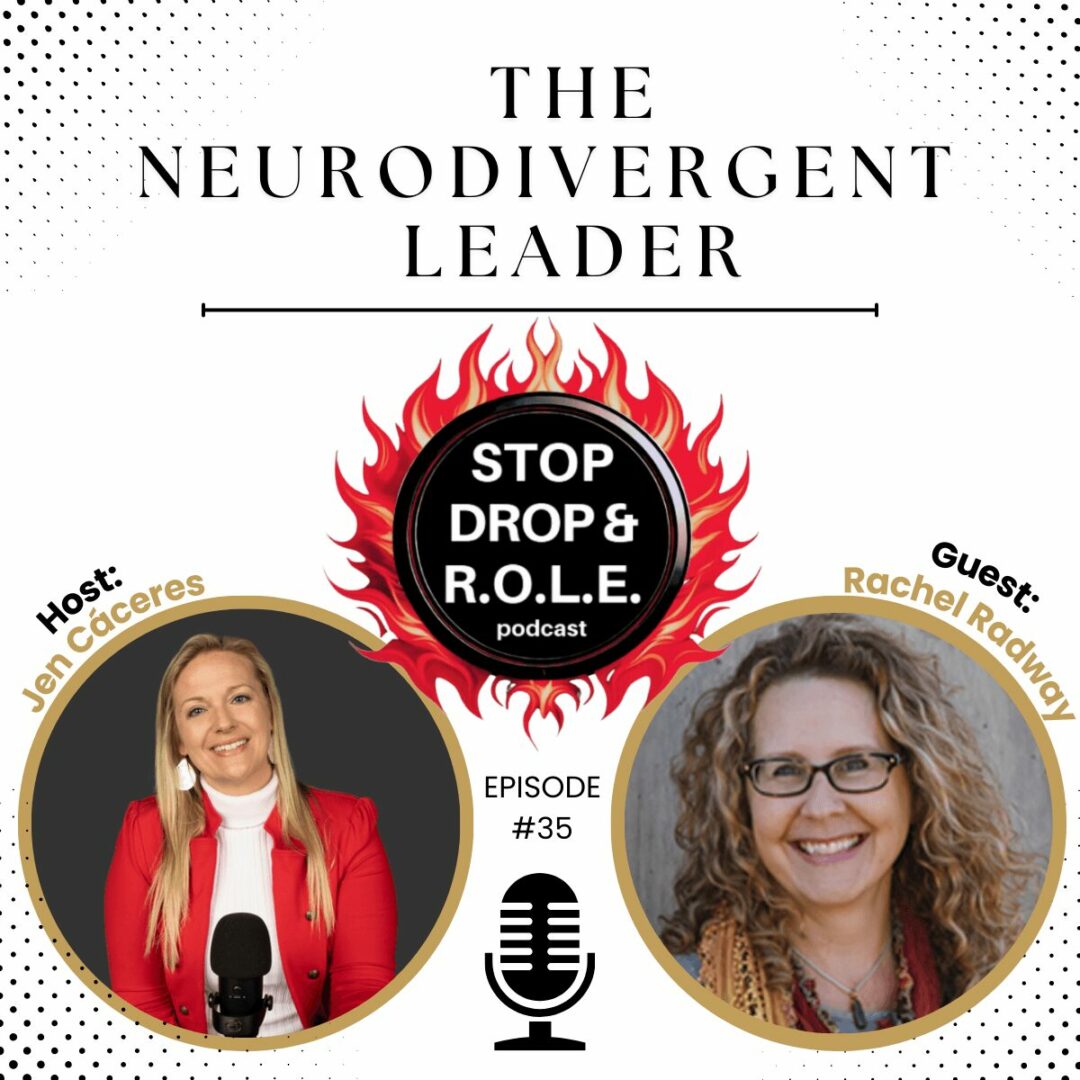
How would you describe your ideal client?
My ideal client is someone who’s bright, talented, and wants to make an impact—or has already and wants to do more. They are highly perceptive and attuned to their environment and other people. They may or may not identify as highly sensitive or neurodivergent, but they’ve always known or sensed that they operate a little differently in the world from people around them. They’re ready to invest in themselves, get support, and get out of their own way so they can be the leader they’ve always known they’re capable of being—and live the life they deserve.
Contact Info:
- Website: https://www.rercoaching.com/
- Linkedin: https://www.linkedin.com/in/reradway/
- Other: https://www.rercoaching.com/book
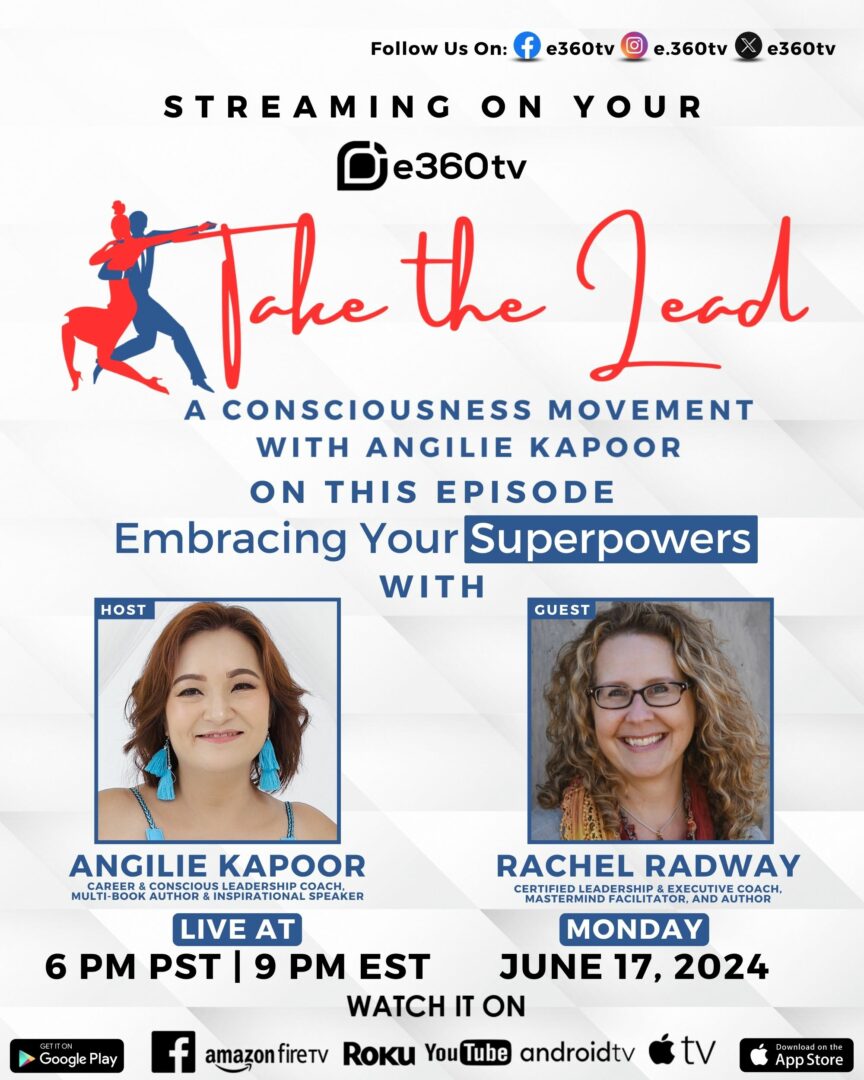
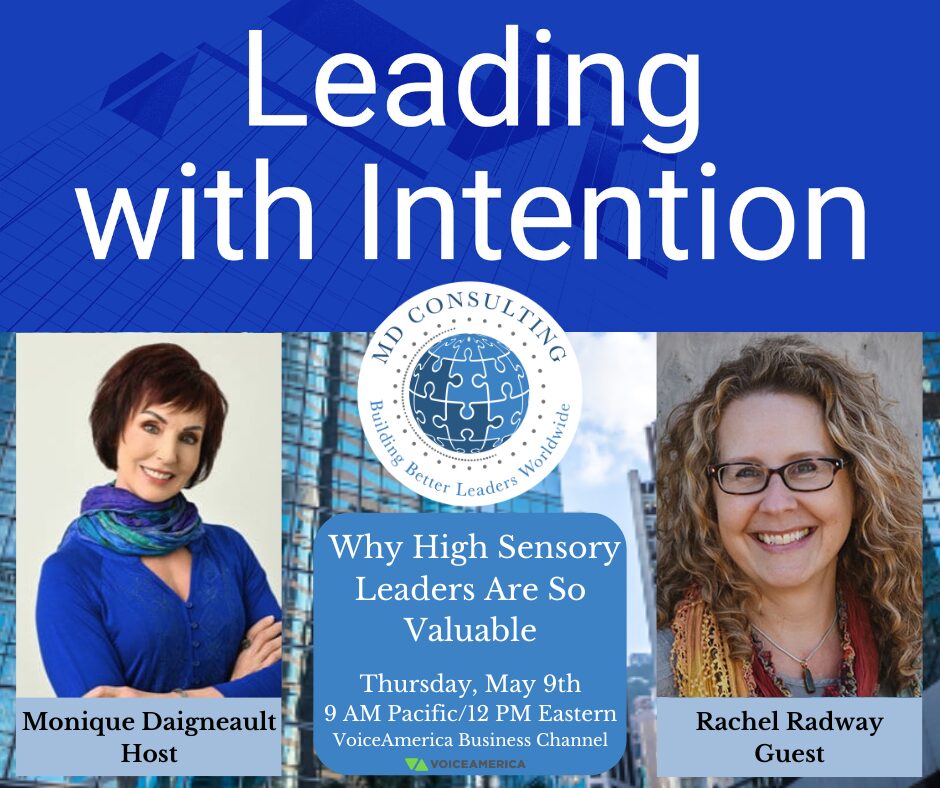
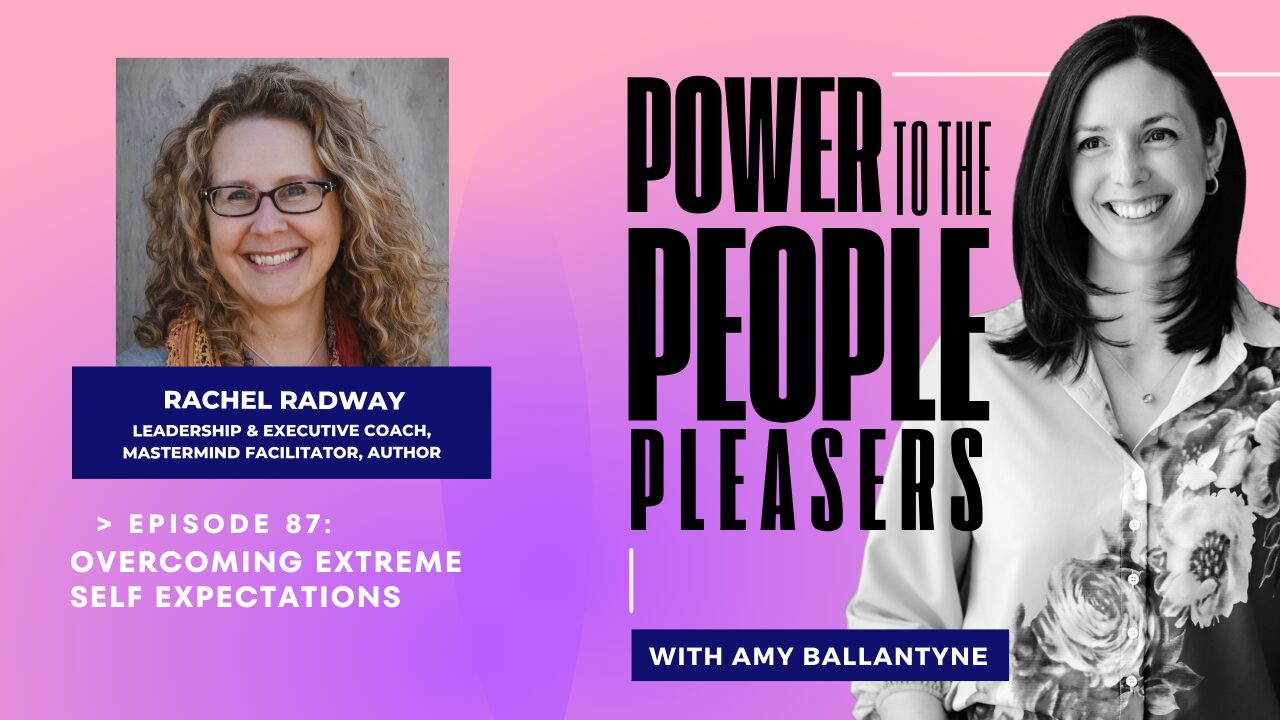
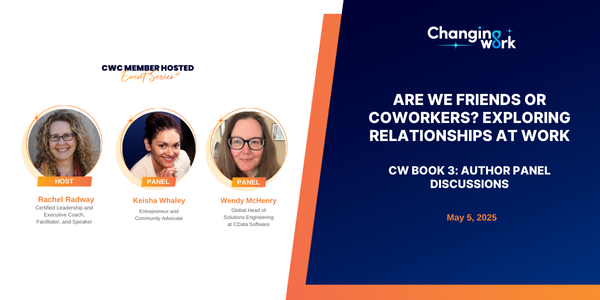
so if you or someone you know deserves recognition please let us know here.

